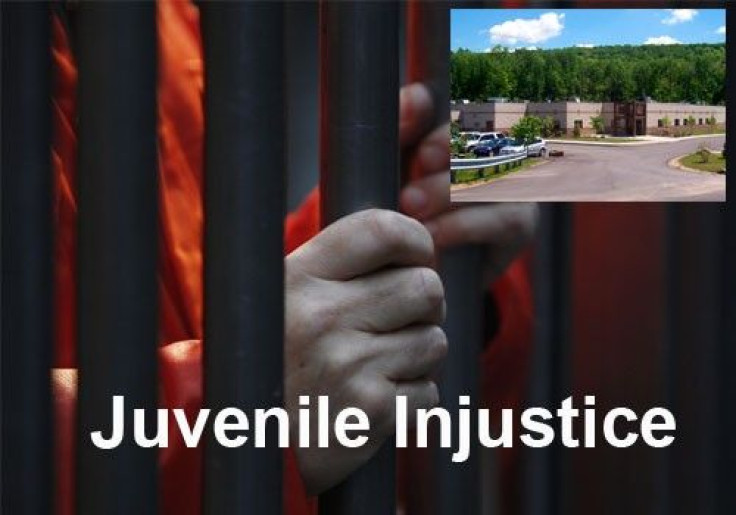Kids for Cash judge Ciavarella seeks acquittal or new trial

The lawyers representing former Pennsylvanian judge Mark Ciavarella, who was convicted last month by a federal jury in Scranton of 12 of the 39 counts in the 'kids for cash' case, said he is innocent and are seeking an acquittal or a new trial.
Ciavarella, a former judge of Court of Common Pleas in Luzerne County, was accused of receiving kickbacks from Robert K. Mericle, the builder and co-owner of two juvenile detention facilities in return for closing down the county's only juvenile detention center and sending teenage offenders to a private-run, for-profit facilities, sometimes for minor offenses. The judge allegedly received $2.8 million as kickbacks.
The kids for cash case prompted the state Supreme Court to throw out thousands of convictions as most of the teenage offenders were prevented from appearing in his court with lawyers.
Ciavarella was found guilty on Feb. 18 of 12 of 39 counts of corruption filed against him, including racketeering, racketeering conspiracy, honest services mail fraud, money laundering conspiracy and a host of tax fraud charges. He was, however, cleared of extortion, bribery and honest services wire fraud charges.
The lawyers representing the former judge, who has been released on a $1 million unsecured bond, have, however, said he is innocent and have filed motions, March 4, asking U.S District Judge Edwin Kosik to acquit Ciavarella of the seven charges he was convicted of, or in the alternative, grant him a new trial.
Albert Flora and William Ruzzo said the the 5-year statute of limitations ran on the racketeering, money laundering and conspiracy counts related to both offenses as Ciavarella was accused of receiving kickbacks from Mericle in January 2003 but it was not until January 2009 that the charges were filed against him.
The federal prosecutors also presented insufficient evidence to obtain convictions on the charges, the lawyers said in their filings.
According to Ciavarella's lawyers, the former judge is, in the alternative, entitled to a new trial as Kosik had erred in prevented them from admitting a statement Assistant U.S. Attorney Gordon Zubrod had made concerning Mericle's guilty plea to charges related to the case. Zubrod had stated that Mericle's payment was not a bribe or kickback in any sense. Ciavarella has vehemently claimed that the payments he received were 'finder's fee.
Kosik, the lawyers said, had also erred in not recusing himself from presiding over Ciavarella's case, and by allowing the prosecution to present evidence regarding Ciavarella's failure to recuse himself when he heard unrelated civil cases involving Mericle and Robert Powell, the other co-owner of the detention facilities.
Ciavarella's lawyers have 10 days to file documents in support of their motion. The prosecutors will then be given opportunity to respond to the motion before Kosik issues his ruling.
Flora and Ruzzo said their client will appeal to the Third Circuit Court of Appeals if Kosik denies the motions.
© Copyright IBTimes 2024. All rights reserved.











